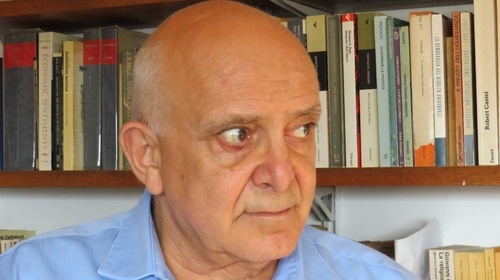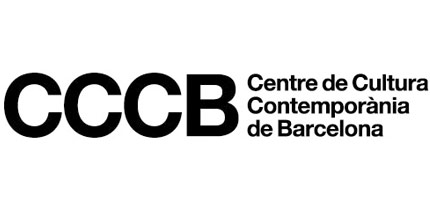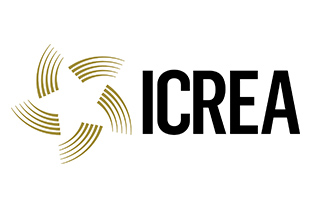ICREA-CCCB Debates
Can humans regenerate their organs?
Lecture by Maria Pia Cosma
Debate
Free
Several kinds of animals are able to regenerate parts of their body after an amputation. Would it be possible to apply these techniques in the human being? Lecture by Maria Pia Cosma, ICREA research professor at the Centre de Regulació Genòmica (CRG – Centre for Genomic Regulation).
Regeneration is the basis of damage repair in several kinds of animals. Some amphibians can regenerate a tail and extremities, the zebra fish can regenerate its fins, and some worms can grow a new head and tail after their bodies have undergone major amputations. Mammals—both human beings and mice—are not able to regenerate their organs after amputation, although very limited regeneration of fingertips and fingerprints can occur after amputation. Can we overhaul the regenerative capacity of human beings? Could regenerative medicine take on such an ambitious challenge?
Lecture by Maria Pia Cosma, ICREA research professor at the Centre for Genomic Regulation (CRG).
Presented by: David Bueno, lecturer in Genetics at the University of Barcelona (UB) and science commentator.
Presenters: David Bueno i Torrens
Participants: Maria Pia Cosma
This activity is part of Is Ageing a Disease?, ICREA-CCCB Debates
Related contents
Maria Pia Cosma
Can humans regenerate their organs?
Several kinds of animals are able to regenerate parts of their body after an amputation. Would it be possible to apply these techniques in the human being? Maria Pia Cosma, ICREA research professor at the Centre de Regulació Genòmica (CRG – Centre for Genomic Regulation) ...





